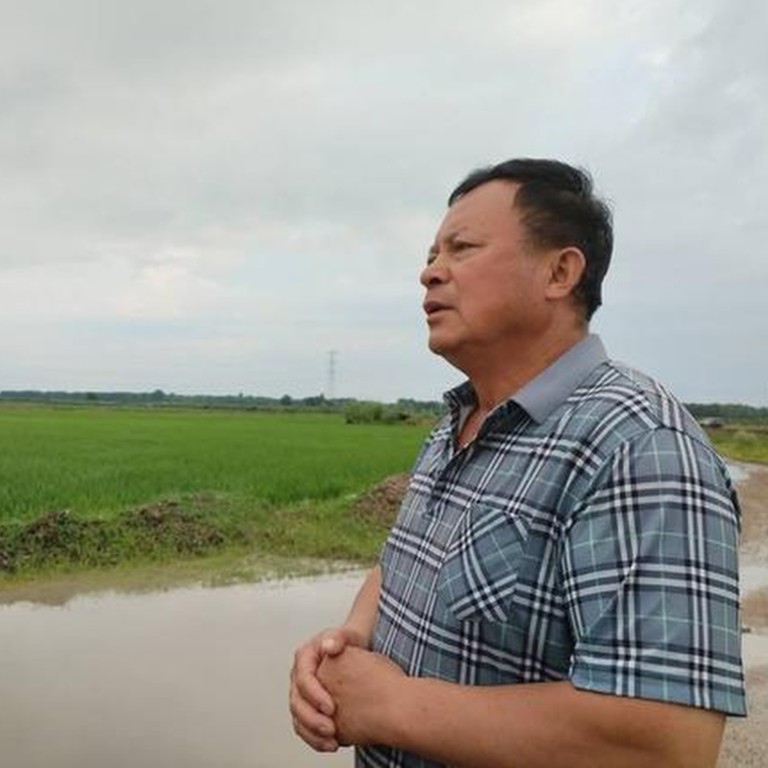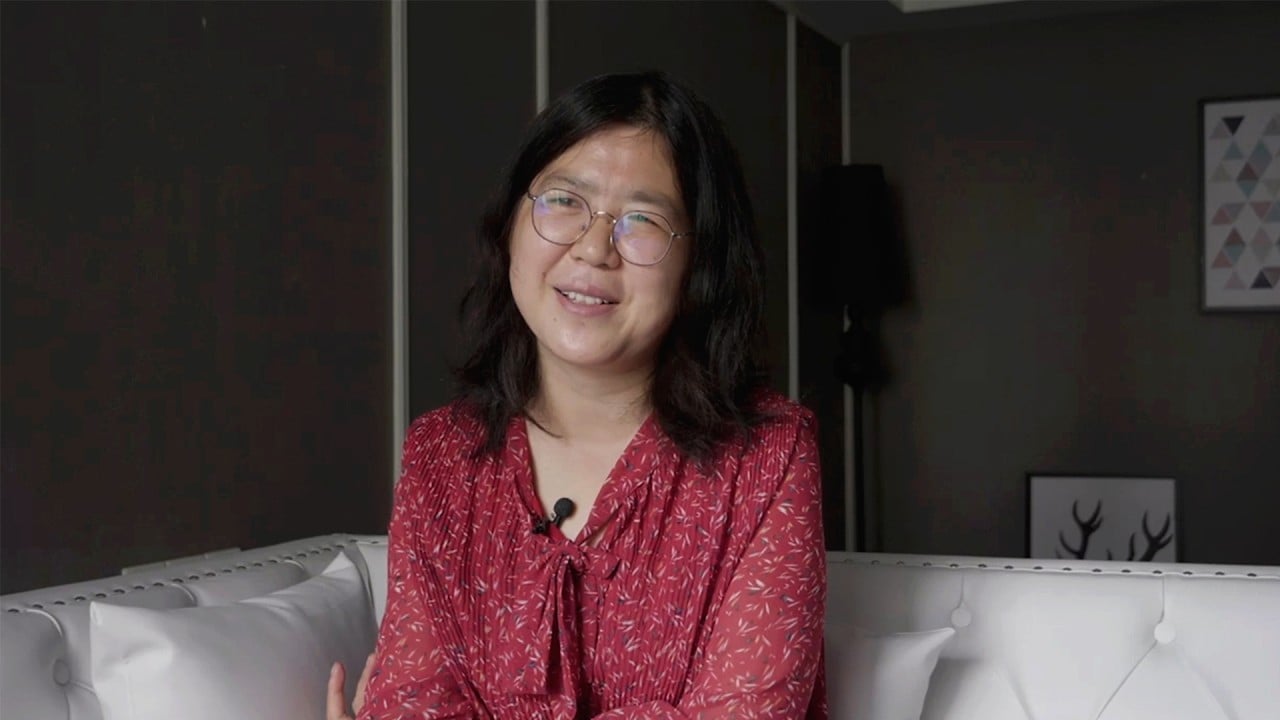
Chinese man convicted for building bridge ignites public debate over judicial power
- Intermediate court in China takes up case of villager found guilty of ‘picking quarrels and provoking trouble’ for constructing river crossing in 2019
- Some question whether China should eliminate the criminal offence, which has been used to jail dissidents and activists
The 2019 conviction of Huang Deyi, a villager from the city of Baicheng in the northeastern province of Jilin, has come under public scrutiny in recent days after his case was put under review, prompting many to question whether a local court abused its power by punishing him for his attempt to fix the local traffic bottleneck.
Stop making it a crime to ‘pick quarrels’ in China, says leading lawyer
In 2014, Huang built a floating bridge over a river in his village that had no other road bridges. He built the bridge at his own expense and charged people to cross.
In 2019, Huang and 17 of his relatives involved in the construction were convicted by a local court of “picking quarrels and provoking trouble”. Huang was sentenced to two years’ imprisonment following two years of probation.
The judgment said Huang collected a total of 52,950 yuan (US$7,331) in bridge fees between 2014 and 2018, which “is a crime of forcibly soliciting money or property from others, causing a bad social impact and disrupting social order”. It said “the circumstances are serious, and his behaviour constitutes the crime of provoking trouble”.
Huang was jailed for 11 months before being convicted in December 2019. He has remained out of prison since finishing his probation in late 2021.
At the end of 2021, Huang filed an appeal, which was dismissed in March. He appealed again in June.
On Saturday, the Intermediate People’s Court of Baicheng City issued a notice saying it had decided to review Huang’s appeal.
Huang’s ordeal has been covered by several media outlets, sparking an uproar on Chinese social media over the past week.
Luo, a lawyer and professor at the China University of Political Science and Law in Beijing, said in an article on his WeChat account that “the prevailing opinion in academia is to strictly limit the application of the offence”.
“If building the bridge meets the public’s expectations and not only does not disrupt the social order but is instead commended by it, it is not a crime in any sense,” he wrote.
What is the Chinese crime of ‘picking quarrels and provoking trouble’?
Even state media outlets voiced their doubts.
“It’s fine to be punished by the law when you break it. But more than penalties will be needed to solve the problem of villagers’ difficulty in crossing the river,” said an opinion piece published on Friday by Xiake Dao, a social media channel affiliated with the People’s Daily.
The case has reignited a long-standing debate about “picking quarrels and provoking trouble” – a criminal offence that has been used for decades to imprison dissidents and activists.
Zhao Lianhai, an activist who petitioned for compensation for infants harmed in a 2008 tainted milk powder scandal, was convicted of the offence in 2010.
In 2020, citizen journalist Zhang Zhan was sentenced to four years in prison by a court in Shanghai for the same offence. The judgment said Zhang gave several interviews to foreign media when the city of Wuhan was hit by a Covid-19 outbreak, which “led to the dissemination of false information on domestic and foreign networks and media outlets, causing serious disorder in public places”.


